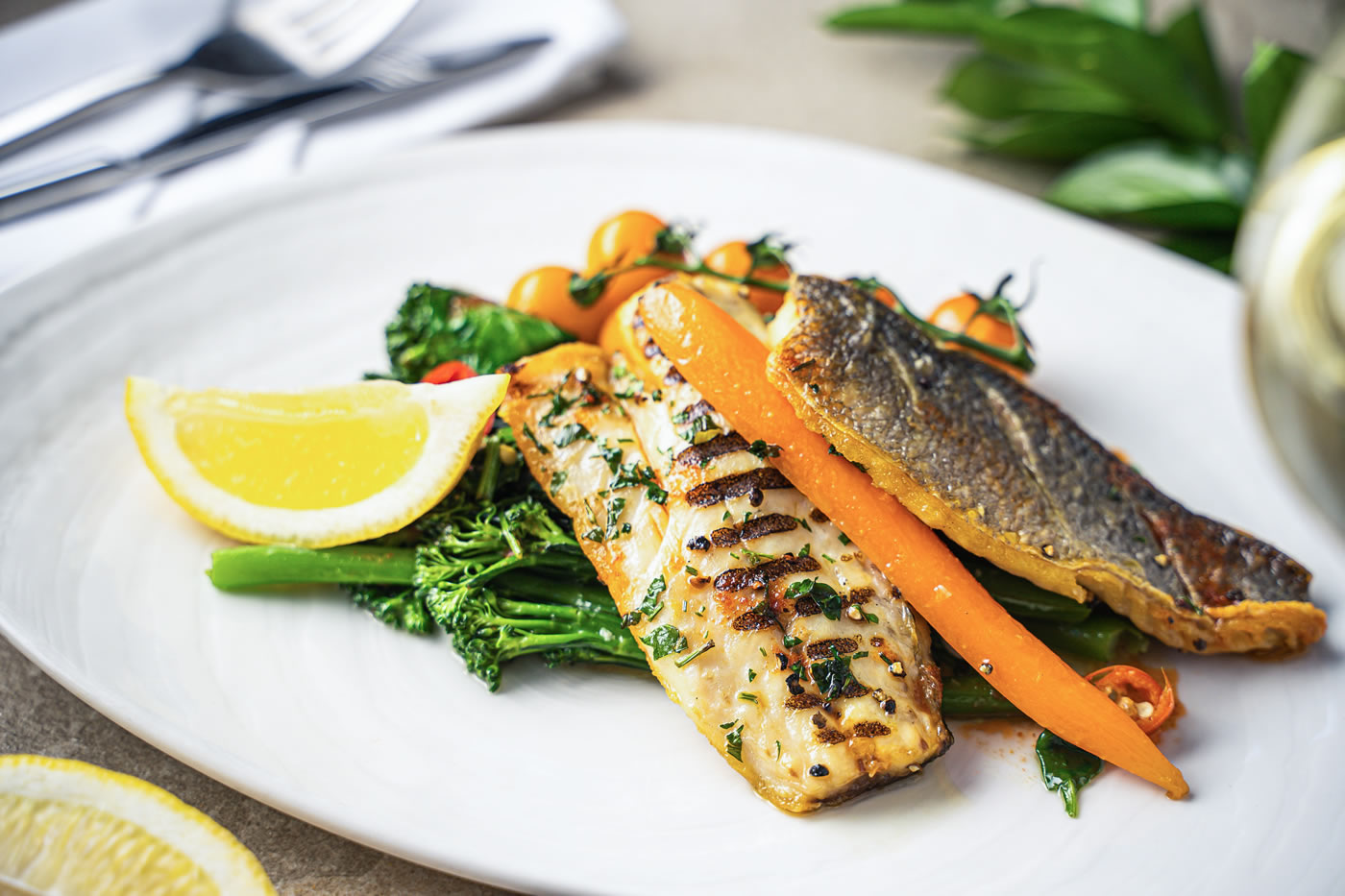
The Health Benefits Of A Mediterranean Diet
As the end of January is here, we have lost count of the many people who have already given up on their New Year crash diet.
We’re not judging. We are definitely not fans of fad food trends that cause a massive weight loss in a short amount of time. This is a change that is not sustainable and certainly not realistic.
With people becoming busier, convenience food has bridged the gap for those people needing a quick and easy option for lunch or dinner. However, this food is usually heavily processed and contains large amounts of salt, sugar and saturated fats…not so convenient for your waist line. The lack of vitamins and minerals as well as the addition of preservatives, colours and flavourings can all have a negative effect on our health.
What we need is a life style change. Conscious decisions to shape the choices we make with our food for the rest of our lives. A healthy relationship with food, with healthy choices will lead to a healthy you.
This is where the Mediterranean diet comes in and, although it has the word ‘diet’ in its name, it is definitely far from that. It is a delicious way to change your food habits for good.
This diet stems from the traditional healthy eating found in the countries bordering the Mediterranean Sea, including Italy, Greece and Spain.
The principles of a Mediterranean diet are simple, eat lots of fruits, vegetables, pulses, legumes and unsaturated fats like olive oil. Try to eat more fish and limit your intake of red meat and dairy products.
You do not have to remove anything from your diet, remember this is a life style change so cutting something out when you don’t have too is difficult to maintain. Moderation is key.
Here are some tips to help you make the switch.
FISH
Try and eat grilled or steamed fish once or twice a week. Fishes, such as salmon, are rich in omega-3 fatty acids which our body cannot make.
MEAT-
Limit the amount of red meat you eat, instead opting for fish or poultry. When you do indulge, be sensible with your portion size and use your fist as a guide for how much you should eat in one serving. Try and avoid processed meats such as sausages, in its place pick lean cuts of meat.
FRUIT AND VEG
The recommended daily amount of fruit and vegetables is 5 portions a day, however a Mediterranean day can be filled with anything between 7 to 10. These should make up the majority of your meals, from salads to roasted vegetables.
WHOLE GRAINS
Most diets will try to limit your carbohydrate intake. The Mediterranean way of life simply points towards different types. Whole wheat, whole oats, rye, whole grain bread and pasta all contain the vital fibre we need as part of a balanced diet.
FATS
You cannot live a life without fats. They provide energy, help absorb certain vitamins and are essential nutrients that the body needs to function properly. Try olive oil to dress your salads or as an alternative to a spread on your toast. Avoid cooking with this though, try canola oil instead. Unsalted nuts like almonds, walnuts or cashews make for a healthy snack that are also full of healthy fats.
SEASONING
Avoid seasoning with plenty of salt. Try using a mixture of dried or fresh herds to add flavour to your meals.
Remember, preparation is key. If you plan in advance, or even cook a little extra at dinner for lunch the next day you are taking steps to succeed in changing unhealthy food habits.
Eating isn’t simply something we should do without thinking, or something to stop the hunger. Food is sociable, food is fun and most importantly, good food is tasty!
A Mediterranean diet is a few simple changes that can make a huge difference. Healthy eating should not be difficult or restrictive, and it should definitely not stop you from going out and enjoying a meal, or even a glass of wine.
If you are interested in sampling what the Mediterranean diet has to offer you can book a table at Punto Restaurant on 020 8360 0158.
